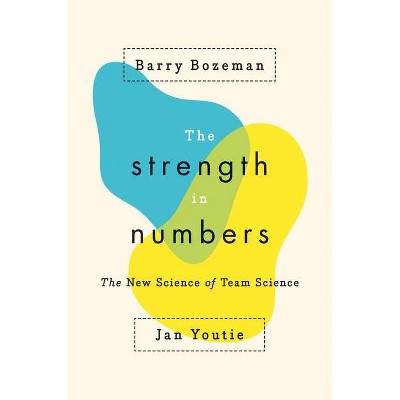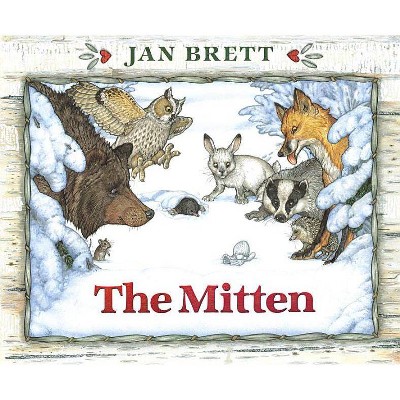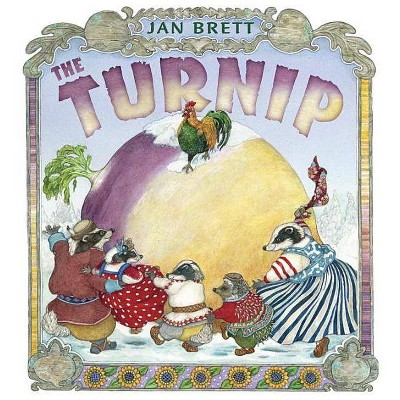The Strength in Numbers - by Barry Bozeman & Jan Youtie (Hardcover)

Similar Products
Products of same category from the store
AllProduct info
<p/><br></br><p><b> About the Book </b></p></br></br>"Once upon a time, it was the lone scientist who achieved brilliant breakthroughs. No longer. Today, science is done in teams of as many as hundreds of researchers who may be scattered across continents and represent a range of hierarchies. These collaborations can be powerful, but they demand new ways of thinking about scientific research. When three hundred people make a discovery, who gets credit? How can all collaborators' concerns be adequately addressed? Why do certain STEM collaborations succeed while others fail? Focusing on the nascent science of team science, The Strength in Numbers synthesizes the results of the most far-reaching study to date on collaboration among university scientists to provide answers to such questions. Drawing on a national survey with responses from researchers at more than one hundred universities, anonymous web posts, archival data, and extensive interviews with active scientists and engineers in over a dozen STEM disciplines, Barry Bozeman and Jan Youtie set out a framework to characterize different types of collaboration and their likely outcomes. They also develop a model to define research effectiveness, which assesses factors internal and external to collaborations. They advance what they have found to be the gold standard of science collaborations: consultative collaboration management. This strategy--which codifies methods of consulting all team members on a study's key points and incorporates their preferences and values--empowers managers of STEM collaborations to optimize the likelihood of their effectiveness. The Strength in Numbers is a milestone in the science of team science and an indispensable guide for scientists interested in maximizing collaborative success."--<p/><br></br><p><b> Book Synopsis </b></p></br></br><p>Once upon a time, it was the lone scientist who achieved brilliant breakthroughs. No longer. Today, science is done in teams of as many as hundreds of researchers who may be scattered across continents and represent a range of hierarchies. These collaborations can be powerful, but they demand new ways of thinking about scientific research. When three hundred people make a discovery, who gets credit? How can all collaborators' concerns be adequately addressed? Why do certain STEM collaborations succeed while others fail? <p/>Focusing on the nascent science of team science, <i> The Strength in Numbers</i> synthesizes the results of the most far-reaching study to date on collaboration among university scientists to provide answers to such questions. Drawing on a national survey with responses from researchers at more than one hundred universities, anonymous web posts, archival data, and extensive interviews with active scientists and engineers in over a dozen STEM disciplines, Barry Bozeman and Jan Youtie set out a framework to characterize different types of collaboration and their likely outcomes. They also develop a model to define research effectiveness, which assesses factors internal and external to collaborations. They advance what they have found to be the gold standard of science collaborations: consultative collaboration management. This strategy--which codifies methods of consulting all team members on a study's key points and incorporates their preferences and values--empowers managers of STEM collaborations to optimize the likelihood of their effectiveness. <p/><i>The Strength in Numbers</i> is a milestone in the science of team science and an indispensable guide for scientists interested in maximizing collaborative success.</p><p/><br></br><p><b> From the Back Cover </b></p></br></br><p>"At long last, a book addressing the reality of modern collaborative research science with all that this implies for diversity, credit, and reputation. <i>The Strength in Numbers</i> is a necessary corrective to the dominant myth of solitary creativity and its numerous, retrograde institutional manifestations. Think of it as a self-help book full of useful insights and suggestions for researchers and administrators waking up to collective intelligence."<b>--David C. Krakauer, Santa Fe Institute</b></p><p>"In your hands is the grand synthesis of a long, productive inquiry into the nature of scientific collaboration. Some readers will want to immerse themselves in scientists' frank appraisals of their research relationships, while others will latch onto ideas for improving the process and performance of their collaborations. Rich in evidence, analysis, and good sense, this book delivers on its promise to bring knowledge into practice."<b>--Edward J. Hackett, Brandeis University</b></p><p>"In <i>The Strength in Numbers</i>, Bozeman and Youtie brilliantly enrich our thinking about team science. They give us a strong appreciation for the importance of collaborative teams in advancing the ever-increasing body of scientific knowledge. This book is required reading for those who desire a clear explanation of the evolution of scholarly inquiry."<b>--Albert N. Link, University of North Carolina, Greensboro</b></p><p>"An engaging look at a topic of interest not just to collaboration researchers but all of us in academia. Collaboration is something we almost all do and all of us should want to do it better."<b>--Wesley Shrum, Louisiana State University</b></p><p>"With its wealth of information, this well-organized and easy-to-read book has value for all researchers no matter their status in a collaborative effort or the stage of their career."<b>--Ralph R. Ristenbatt III, Pennsylvania State University</b></p><p/><br></br><p><b> Review Quotes </b></p></br></br><br>A helpful, well-structured reference point for university managers . . . reflecting on good practice in research collaboration. There is much sound advice, emerging from a synthesis of well-evidenced and diverse experience, that will provide an agenda for any research strategy committee.<b>---Jonathan Adams, <i>Research Fortnight</i></b><br><br>This book covers a fascinating piece of research and I truly believe that the ideas within it are ones which every researcher should be thinking about every time they embark on a new team effort.<b>---Jonathan Shock, <i>Mathemafrica</i></b><br><p/><br></br><p><b> About the Author </b></p></br></br><b>Barry Bozeman</b> is the director of the Center for Organization Research and Design, and Arizona Centennial Professor of Technology Policy and Public Management at Arizona State University. His books include <i>Public Values and Public Interest</i> and <i>All Organizations Are Public</i>. <b>Jan Youtie</b> is director of the Program in Science, Technology, and Innovation Policy at Georgia Institute of Technology.
Price History
Cheapest price in the interval: 35 on November 8, 2021
Most expensive price in the interval: 35 on December 20, 2021
Price Archive shows prices from various stores, lets you see history and find the cheapest. There is no actual sale on the website. For all support, inquiry and suggestion messages communication@pricearchive.us




















